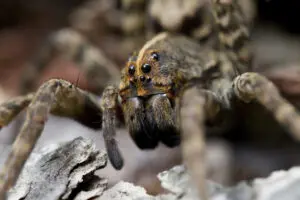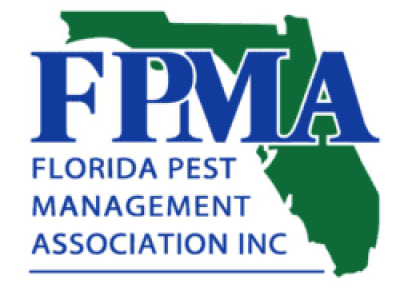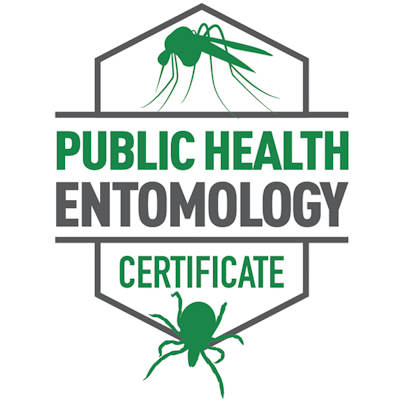Spider Pest Control
How we treat:
Spiders
We’ll use our expert knowledge of spider biology to effectively and safely prevent and protect your home like it was our own. See how.
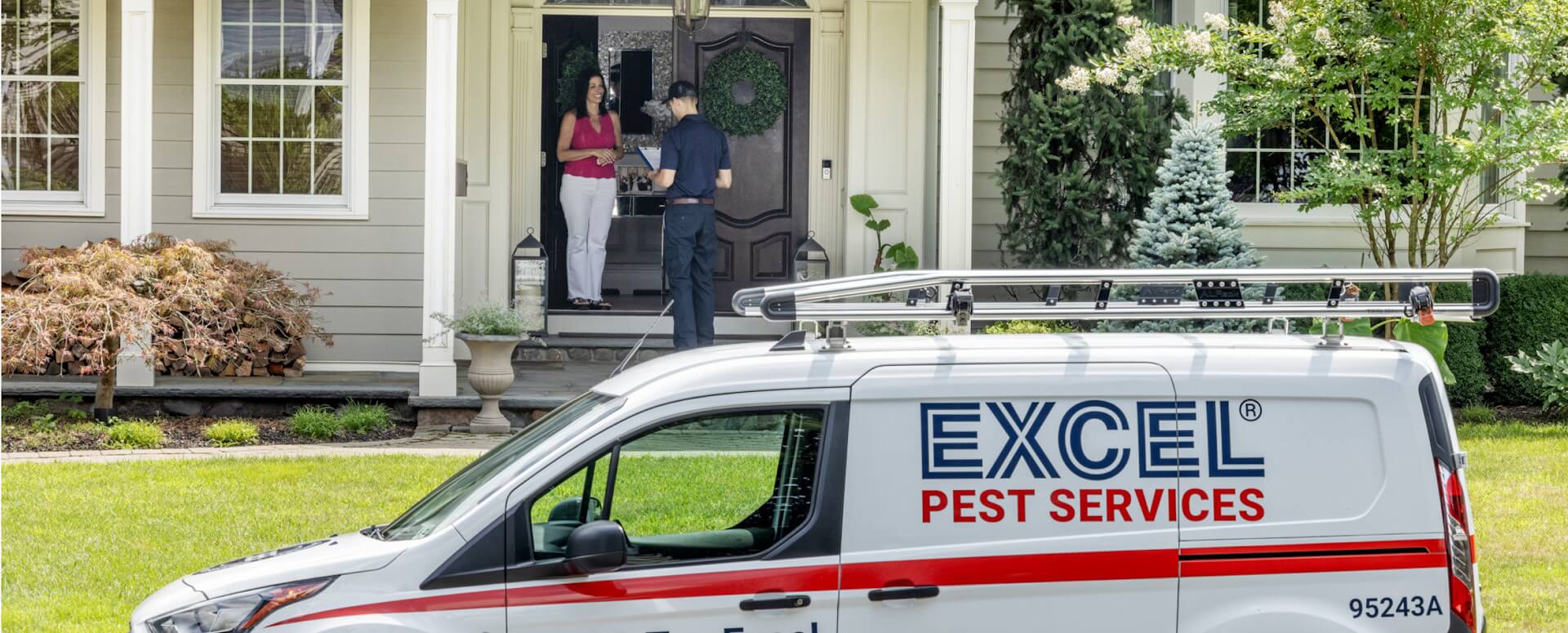
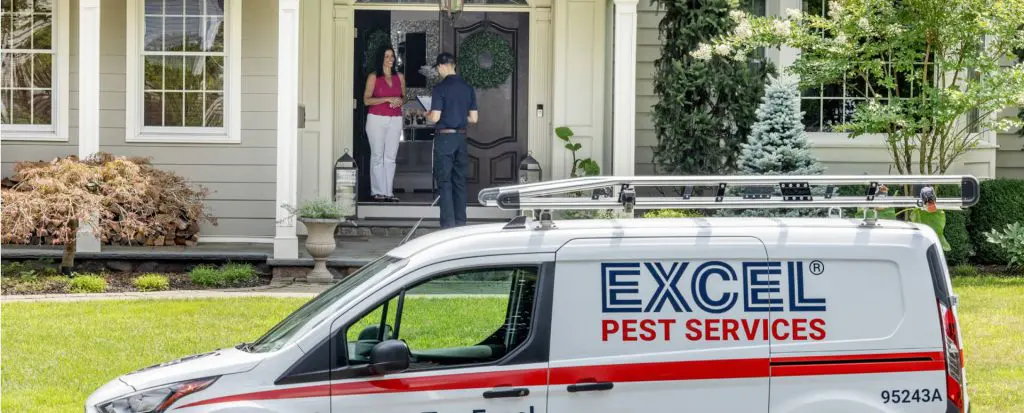
Getting rid of spiders is as easy as 1, 2 and 3
INSPECT
We use a combination of visual inspections and monitoring devices to determine species and assess the extent of the spider infestation. Contributing factors, like outdoor lighting attracting insects, are taken into account.
TREAT
We’ll then tailor a targeted treatment plan based on our inspection, which may involve residual insecticides and outdoor perimeter treatments.
PREVENT
Recommendations for reducing insect prey, like minimizing outdoor lighting, are often suggested to keep spiders from returning.
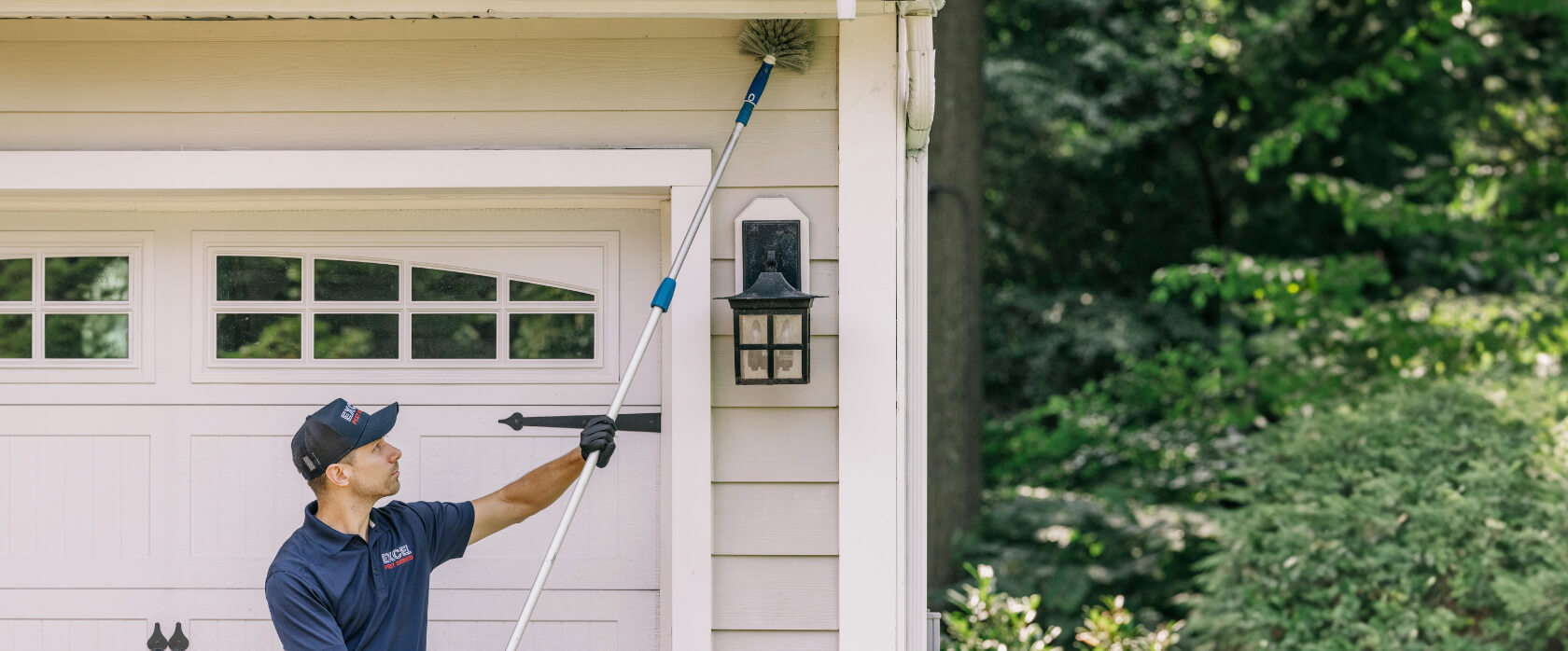
Excel’s proven process
Our proven approach to delivering a pest-free, worry-free environment. Guaranteed.
Inspect
We’ll inspect your home inside and out, and top to bottom to spot current and potential pest problems.
Identify
We’ll assess and correctly identify any active pests. Pest species and biology is considered to choose the right treatment option.
Treat
We’ve identified your pests, now we’ll treat them using safe and effective treatment methods with only EPA registered products.
Report Back
We’ll provide service reports via email letting you know who was there, what they did, and what happens next.
Monitor and Maintain
We’ll prevent pests from returning with our ‘set it and forget it’ maintenance plan. Keeping you one step ahead of mother nature.
Feel Excel-lent
You’ll feel great and rest easy knowing your home, family and pets are in good hands.
Testimonials
Your neighbors love us.
Pests, not so much.
“I’m definitely as environmentally conscious as I can be…a lot of these companies come out and they say, we’re the professionals, we’ll take care of it. You just cut us a check and don’t worry about the details. The fact that you explain the details matters a lot.”
“I did talk to a number of pest control companies, and when I considered the value of their being willing to come out anytime I have a problem I went with them. That freedom to just call is very valuable to me.”
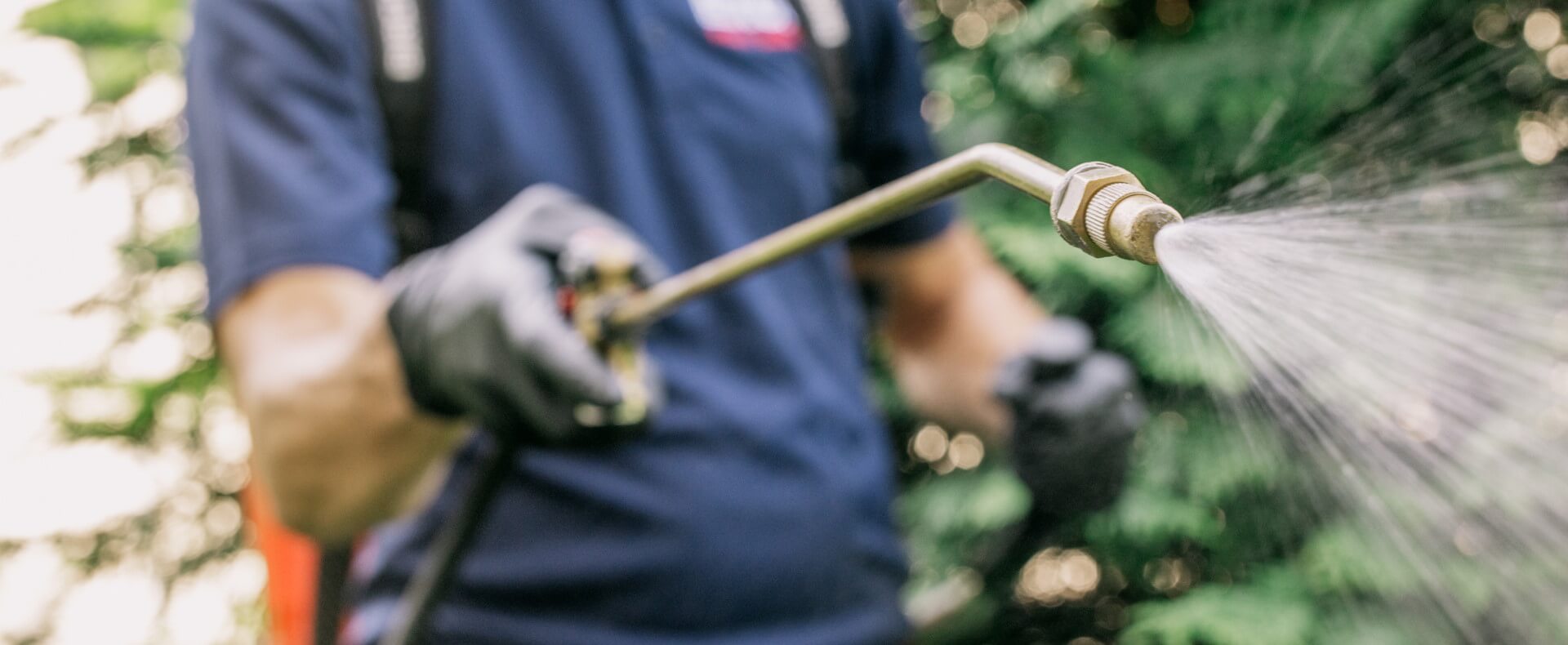
Quick reference
Frequently asked questions
Learn More About Spiders
View our resources below to uncover valuable
insights and tips on Spiders.
insights and tips on Spiders.
Explore our Pest Library to discover how to identify and manage various other pests.






If pests come back so do we. Guaranteed.
The Excel “Worry Free-Pest Free” Guarantee.
Partnering with us means we’ve got you covered all year long – with free return service visits, anytime. If you need us, call us. We’ll be there. It’s one more way you can Excel and exhale.
Talk to us today.

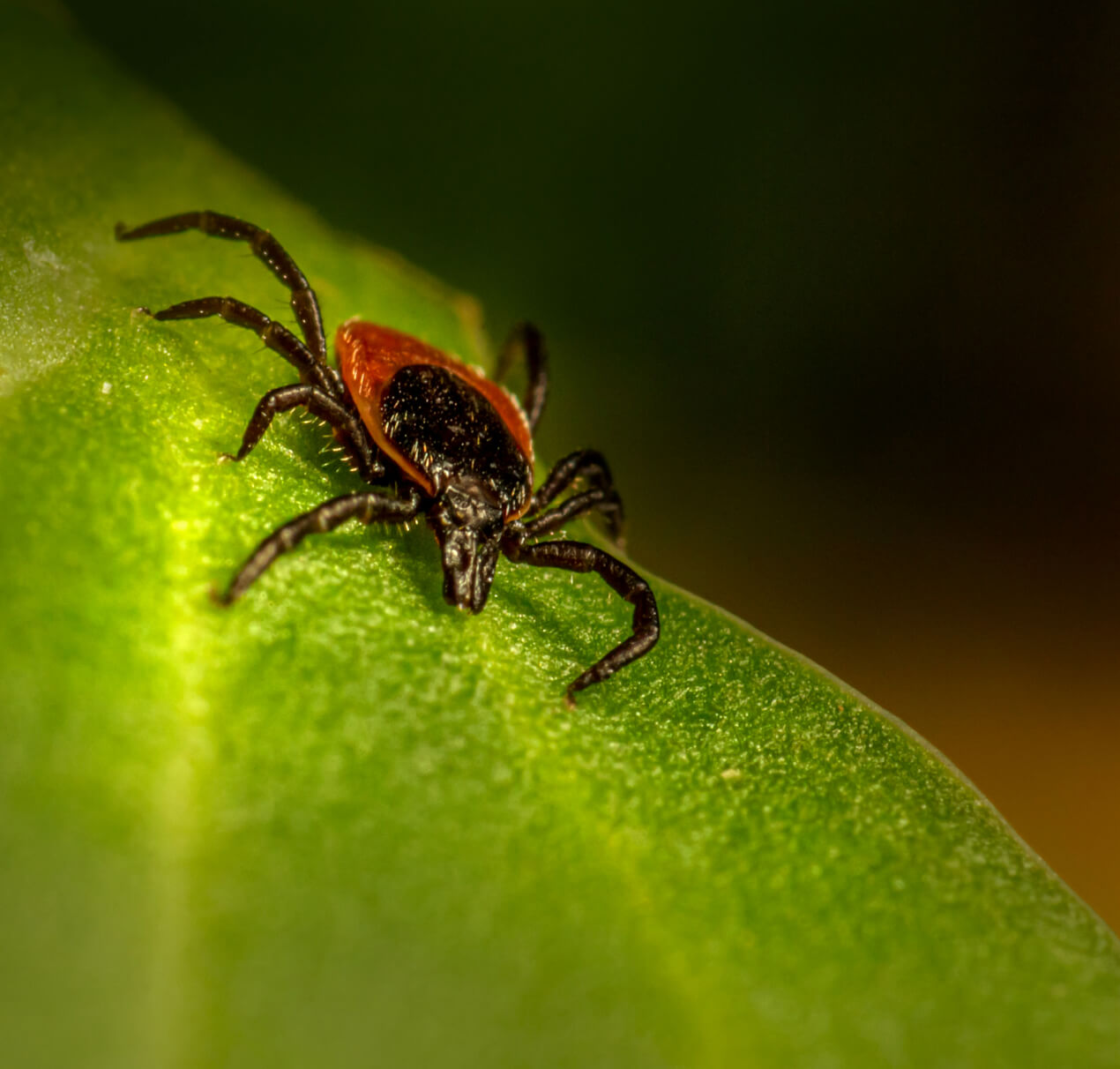

You’ll be supporting research into Lyme disease, too.
Choosing Excel helps us support the John Hopkins Lyme Research Center. You will help them advance the critical knowledge and clinical tools urgently needed to improve Lyme disease patient care and health outcomes.
